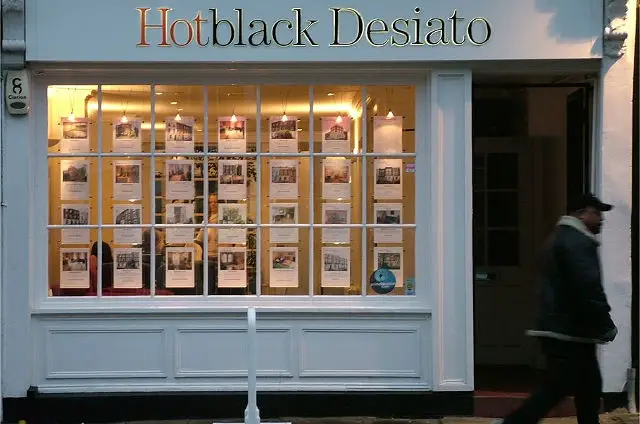Jonathan Dodd’s latest column. Guest opinion articles do not necessarily reflect the views of the publication. Ed
As you have probably worked out by now, I am a fan of the Hitch Hikers Guide to the Galaxy. The five-book trilogy isn’t my absolute favourite, but it’s up there in my top five of all time. I was more shocked and upset when I heard of the early death of Douglas Adams than I have been about any other human who I never met. I feel that the world lost a great mind and a great but unconventional thinker and commentator. I sorely miss his comments on many of the things that bewilder us at the moment.
His writing career was unconventional. He is legendary in the world of publishing, in that he ignored and forgot and abused and denied and avoided all deadlines. There are stories of him being barricaded in hotel rooms and not being allowed to come out until he finished various manuscripts. I am grateful to those publishers, because they made sure we got the benefit of his writing, and I’m extremely jealous of any author who is actually pursued by publishers. That’s a very rare and wonderful thing.
People’s obsession with their digital watches
Mr Adams had one of those minds that simply pumped out an endless stream of thought and imagination and brilliant ideas, and he was also endlessly funny. And he was sometimes not so much wrong, as becoming a victim of the speed of change. Nowadays it feels dated to read about people’s obsession with their digital watches, because nobody has one of those any more. Or maybe some people do, but they’re considered to be extremely uncool.
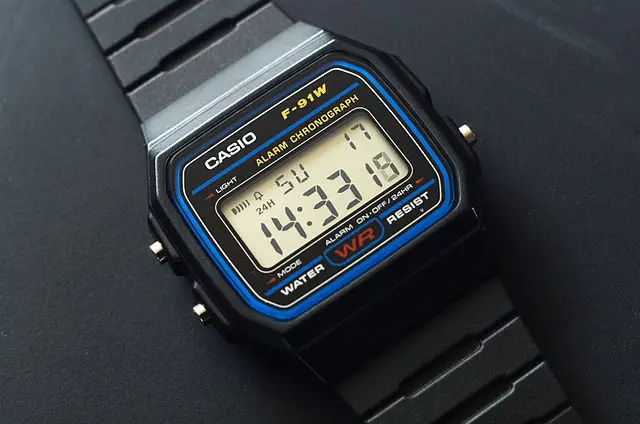
We have to read these passages in a sort of retro way, and if we mentally cross out the words ‘digital watch’ and replace them with ‘smart phone’, we’d be not far from seeing a sort of universality in his words. He also didn’t mind messing about with the story. Thus, the original Hitch Hikers Guide was a radio series, in six parts, then a sequel. After that, it became a television series, and after that, a series of books, originally a trilogy, that dribbled on into five books. Significant chunks of these were similar or identical, but they all contained variations and separate strands of story.
Different versions all in existence at the same time
I think Mr Adams was quite happy to have these different versions all in existence at the same time. This wouldn’t be even worthy of notice in the various universes he was responsible for creating. One of the most curious was in the radio series, in which there was a ‘shoe event horizon’.
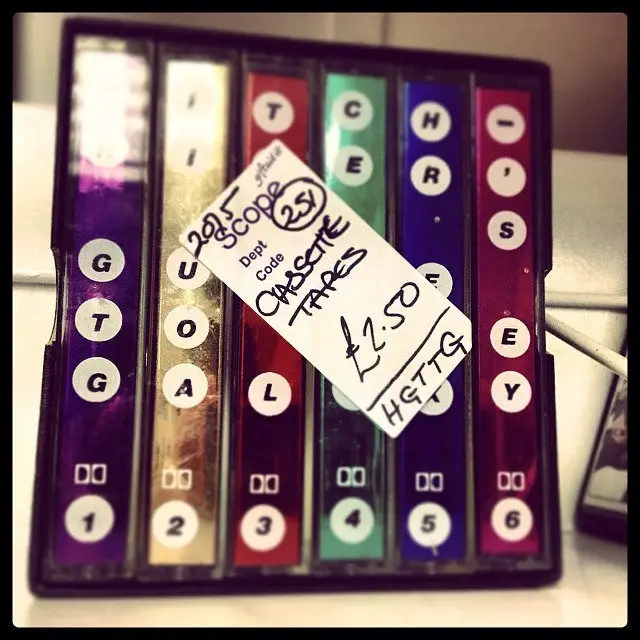
The idea was obviously suggested to him by the state of our high streets back then in the late Seventies. For some reason there was a proliferation of shoe shops. It seemed to him that they were reproducing at an alarming rate, and naturally his mind decided to follow that idea to a logical conclusion where there were only shoe shops, and the whole economy became skewed towards shoe production, which meant that shoes became less well-made and badly-designed and of poor quality.
The ‘shoe event horizon’
Obviously, if you have a lot of shoe shops to feed, it’s important to make sure there’s huge demand for shoes. This won’t happen if people are comfortable with the shoes they own, so you have to make sure they need to buy lots of shoes, and be constantly unsatisfied with the shoes that are available. Mr Adams called this the ‘shoe event horizon’, where civilisation ground to a halt, partly because nothing else was produced, but mostly because everyone’s feet hurt too much to actually walk anywhere.

This horizon didn’t actually occur in the reality that followed, but we have nearly had a ‘charity shop horizon’ and an ‘empty shop horizon’, and everyone is talking about the death in one way or another of the traditional high street. This is part of a process that hasn’t completed yet, and is all about the march of history. Are we going to have hardly any shops anywhere any more, or are we going to shop only on the internet and have everything delivered, or is something else going to happen that we don’t know about yet? And is there anything we can do to influence what’s happening to the centres of all our towns and villages?
I was struck by how villagey London was
I don’t have any answers to this. I grew up in Brighton which had, and as far as I can see still does have, a thriving shopping centre. When I moved to London, I was struck by how villagey it all was, despite its size and spread. I remember wanting to buy a coffee table once. This involved getting in the car (you could still do that in South East London then), and driving to the nearest shops, where there was a furniture shop.
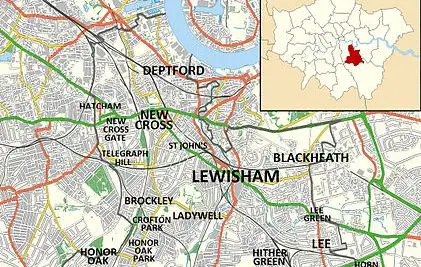
When I couldn’t find a suitable table, I had to get in the car again and drive to the next set of shops, where there was another furniture shop. I ended up spending all day driving, parking, and scrutinising coffee tables, and I still couldn’t find the right one. I longed for Brighton again, where all the furniture shops were in walking distance from each other.
Items they’ve managed to drag down to the tunnels and onto the trains
I don’t know how most people manage in London, if you haven’t got a car and need a settee, or even a coffee table. You’ve got to go to a lot of shops all over the place to find the right one (I maintain there are lots of things you simply can’t let yourself buy through the Internet). And when you do buy one, there’s no way to get it home without arranging delivery. On the rare occasion I’m in London it’s comical sometimes to see people manhandling items they’ve managed to drag down to the tunnels and onto the trains.

We have another problem with shopping. There has been an explosion of things we can buy. Back when I was young, there were very few things available. I still remember when you could have any telephone, as long as it was black, made of Bakelite, with a thick cord, and came with a six-month waiting-list. And people were grateful, and calls were so expensive that your dad counted the seconds before commanding you to put the phone down before you bankrupted him.
They’ll start talking to you in techie
Nowadays there must be hundreds of different televisions you could buy, each with a long list of possibly fundamental features, without which many variations of service might be missed. And they all look the same, apart from the curved ones. How do you decide? What are the rules? Why is there such a variation in price? It’s bewildering. Even if you trek to a shop and ask an assistant, they’ll look at you in an infinitely superior way as if you’re some sort of evolutionary throwback, or they’ll start talking to you in techie, or they’ll demonstrate in other ways that they have no more idea of the qualities or otherwise about the range of models available.
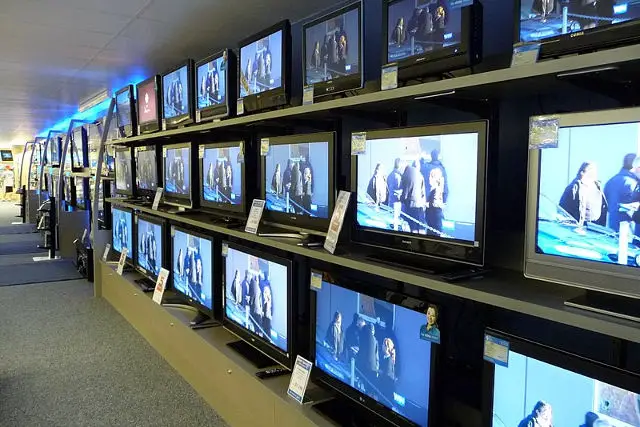
No wonder we find it too stressful to research, and end up sticking the not-quite-cheapest television in its big box onto our Tesco trolley. And it all seems to work. And if you look into it, there are probably only three versions out there anyway, with different branding. But how are we to know? There are just too many things to remember, and too many versions, for anyone to be able to give you a considered and knowledgeable answer to your questions.
Just like a video recorder, but for radio programmes instead
And then again, your questions become redundant, often without you knowing it. I once decided I didn’t want to miss my favourite radio shows. I had a video recorder with a timer, which I could program to record my favourites. I loved the freedom that gave me. But there was no equivalent radio version. I must have asked in most of the shops in the country whether they did such a thing, and they all looked at me like I was an idiot. I carefully explained what I wanted, it was just like a video recorder, but for radio programmes instead. They all managed to make me wonder if there was something wrong with me, rather than a gap in the market.

So I gave up. Then, many years later, I was explaining this to someone, and they laughed. “Why don’t you download them instead?” they asked. I had never heard of this, because the radio stations had started to provide downloadable copies without telling me about it. This works so much better, even better than the timing thing, and I can listen in on a multitude of platforms and devices. But for a while it was useless to me, because I didn’t know about it.
Dotted with empty premises, like a mouth with a lot of teeth missing
I really don’t know what is going to happen to our high streets in the future. There has to be a limit to the size and number of superstore supermarkets, which are able to provide a range of items much cheaper than individual shops. But they’re only going to stock the most popular items or versions. I think the future might be some small shops getting together and combining their services while sharing the rent and rates, and maybe clothing shops opening up large combined warehouse-style display spaces out-of-town, where you can try items on and the originating company will deliver your size to your house from their warehouses.
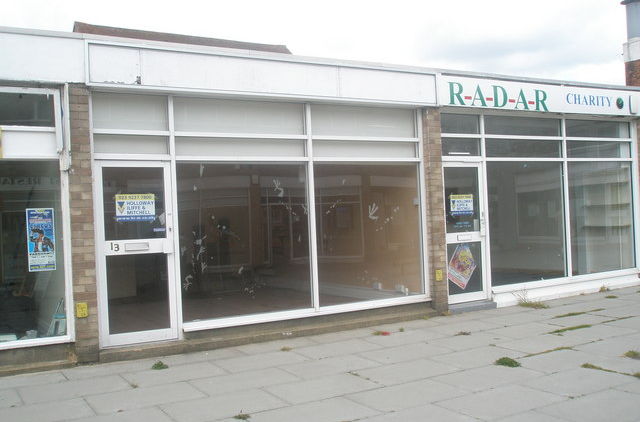
All of which leaves our high streets, dotted with empty premises, like a mouth with a lot of teeth missing, and a few charity shops, and some coffee shops. I’m not sure what else can survive. I know I’m as guilty as anyone else, because I buy a lot of stuff from the Internet. I like the choice, and the different prices, and I can put up with having to go to the post office with my stack of red cards to collect them.
I wish Mr Adams were still with us
I think our postal and delivery services could work smarter, offering you slots for delivery on an app on your phone, but they haven’t worked that out yet, and they don’t seem to realise they need to deliver when you’re at home, which might be in the evening or at the weekend.
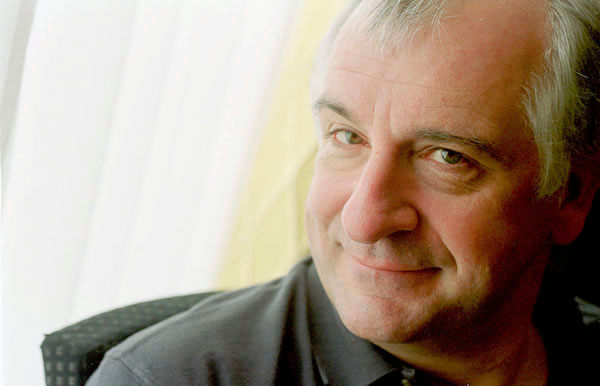
That’s why I wish Mr Adams were still with us. Not only would he be able to explain why we’re in such trouble in a way that would be both true and funny, he might also come up with an idea of how we could save our town centres.
If you have been, thank you for reading this.
Image: Tagishsimon under CC BY 2.0
Image: Ashley Pomeroy under CC BY 2.0
Image: joybot under CC BY 2.0
Image: Northboer under CC BY 2.0
Image: Crown copyright under CC BY 3.0
Image: George Hodan under CC BY 2.0
Image: Wags05 under CC BY 2.0
Image: ntx under CC BY 2.0
Image: Basher Eyre under CC BY 2.0
Image: Michael Hughes under CC BY 2.0

